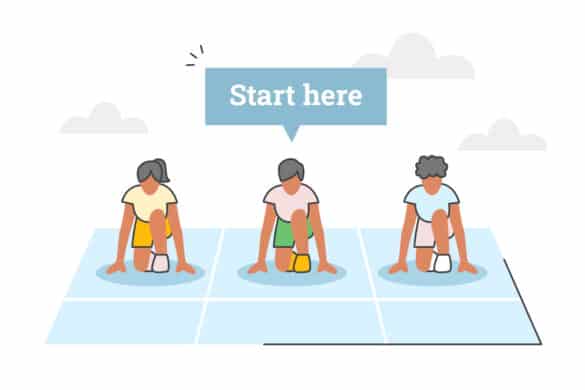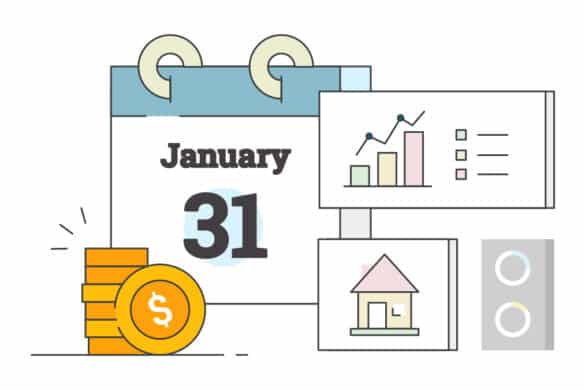Retirement planner
Planning for retirement can seem daunting, but delaying could cost you a financially secure and personally fulfilling future.
SuperGuide’s retirement planning resources explain the key issues and offer strategies, case studies and practical guidance to help improve your retirement income.
It’s never too early to prepare for a stage of life that may last more than three decades – a long time to regret missed opportunities.
A good place to begin is our how to plan for your retirement guide which covers imagining your ideal lifestyle, how long it may last, what it will cost, whether your savings are on track, and how to close the gap.
See what’s included.
Our retirement planning section is split into the following areas

Try our step-by-step guides
It’s always easier to make progress when there are simple steps you can follow. Our step-by-step guides will give you clarity over what you can do to transform your super, as well as plan, prepare for and start retirement.






